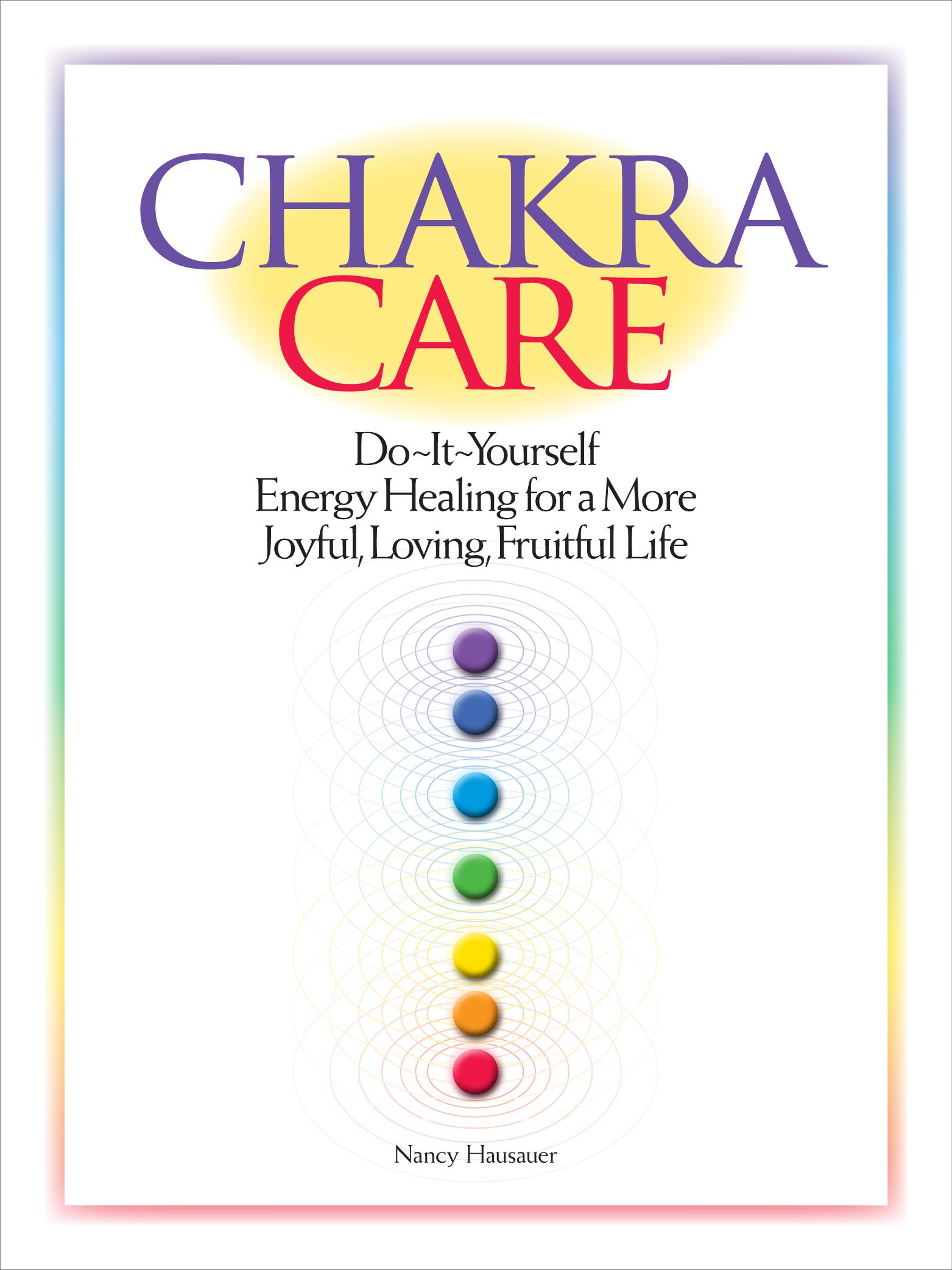The Effects of Stress
On Our Energetic And Physical Health

The effects of stress on health are far-reaching and important.
Energetic Effects of Stress
The energy field of a person when they are relaxed feels very different from when they are tense and anxious. On an energetic level, stress tends to block and unbalance our energy, and make our field feel less smooth and fluid.To the hand, the field might seem jagged, discordant, or spiky, or you might feel a kind of "static"in the field. You might feel areas where the energy just doesn't seem to be flowing or even. If you touch the physical body, you might feel the impact of these energetic disturbances manifested in clenched, compacted muscles.
Physical Effects of Stress
When we feel threatened in any way, our body responds to this stress by activating the sympathetic nervous system. Physiological changes accompanying the so-called “fight, flight or freeze” mode include:- Your heart beats faster and pumps more blood.
- Your blood pressure rises.
- You consume more oxygen.
- You expel more carbon dioxide.
- You breathe faster and your breath is more shallow.
- You sweat.
- One part of your adrenal glands put out adrenaline and noradrenaline, which constrict blood vessels.
- Another part of your adrenal glands puts out cortisol.
- Your pancreas releases more of the hormone glucagons and less of the hormone insulin.
- As a result of increased glucagons and decreased insulin, your blood sugar level rises.
- You reduce blood supply to your digestive organs and increase blood supply to your muscles.
- Your pituitary gland produces less growth hormone.
- Your immune system is suppressed.
- Your mental focus narrows.
Stress causes the primitive, "reptilian" section of the brain to dominate the more developed forebrain. Your thinking brain turns off. You may begin reacting in impulsive, unconscious, or automatic ways.
Prolonged stress, both from its physical and the energetic effects, can make you vulnerable to illness. It also accelerates aging. Over time being in a chronic state of stress response can cause high blood pressure, heart disease, ulcers, autoimmune diseases, cancer, anxiety, insomnia and depression.
Stress is inevitable, and moderate, short-term stress can actually be good for us. But learning to manage stress so that it doesn't become overwhelming or go on for a long time is critical to maintaining our energetic, physical, emotional, and mental health.
Photo by stuartpilbrow at Flickr [CC-BY-SA-2.0 (http://creativecommons.org/licenses/by-sa/2.0)], via Wikimedia Commons

Interested in learning more about energy, energy healing, and the chakras? Try my book, Chakra Care: Do-It-Yourself Energy Healing for a More Joyful, Loving, Fruitful Life. You'll learn
to clear, nurture and support your chakras with 500 fun, down-to-earth
activities. A user-friendly, practical guide, available as a paperback
or Kindle. Learn more or buy it here.